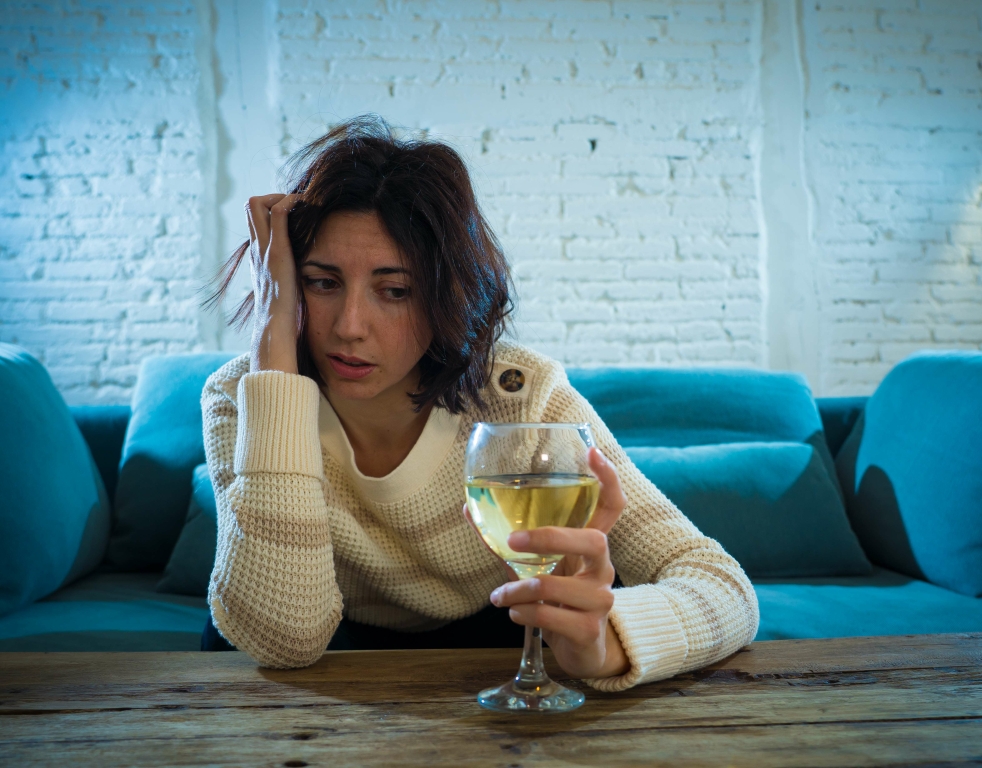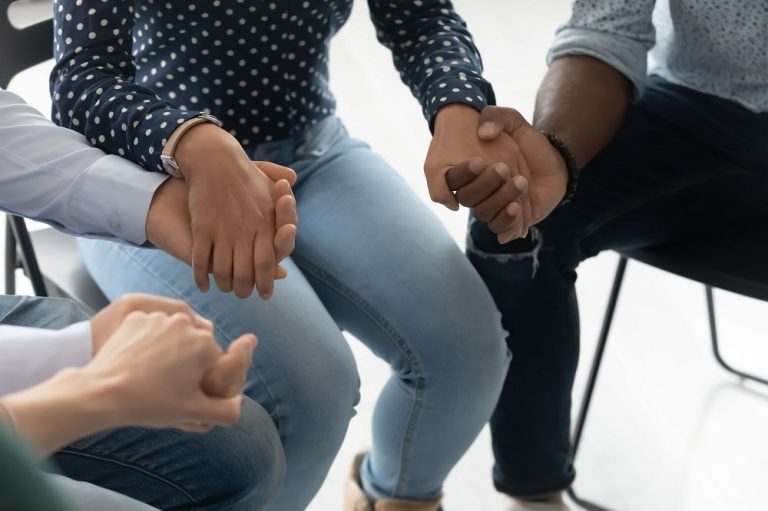In other words, it throws off the first two stages of light sleep, and it can be difficult for your body to readjust during the remainder of the night. It is recommended that alcohol not be consumed in the last four hours before bedtime. Even though alcohol may help you fall asleep, it interferes with the quality of your sleep.
Does Wine Actually Help You Sleep? Here’s What Experts Want You To Know
When you’re in the first two stages, you’re in “light sleep.” When you’re in the third stage, you’re in “deep sleep.” And the fourth stage is your “vivid,” or dream, stage. While every person’s individual sleep cycle varies, it’s generally true that each of us goes through four to six rounds of it. Each cycle lasts Sober living home around 90 minutes total, which adds up to between six and nine hours of sleep.
Suppresses REM Sleep
Alcohol consumption can disrupt the production and release of melatonin, a hormone that regulates the body’s circadian rhythms and promotes sleep. Experts say that it’s best to stay away from alcohol at least three to four hours before your usual bedtime and to yourself to moderate consumption. The impact of alcohol on your sleep can run over to the next day in the form of grogginess and a low mood— leading to the commonly known feeling of being “hungover.” “Alcohol also makes the muscles of the throat more relaxed, exacerbating sleep apnea and snoring, leading to oxygen starvation and poor-quality sleep,” says Dr. Daidone. “Alcohol is also linked with more intense dreams and nightmares, disrupting sleep, and may lead to sleep paralysis by breaking REM sleep cycles,” says Dr. Daidone.
Alcohol and Sleep: Why You Shouldn’t Drink Before Bedtime
- Alcohol initially lowers your core body temperature — mimicking the body’s natural cooling process for sleep — but as it’s metabolized, a rebound effect occurs.
- The study, which followed over 13,000 participants, found that people who regularly drink alcohol are more likely to experience poor sleep quality compared to those who don’t.
- Alcohol can relax the muscles in the throat, increasing the risk of obstructive sleep apnea, a condition characterized by repeated episodes of breathing interruptions during sleep.
- While time does allow your body to metabolize alcohol, sleeping doesn’t accelerate this process.
However, the bulk of the evidence shows that alcohol doesn’t improve sleep. On the contrary, as alcohol passes through the body, it exerts a number of biochemical effects that tend to lead to poorer sleep. Understanding the effects of alcohol on sleep is the first step toward does liquor help you sleep preventing alcohol-related sleep problems. First, alcohol increases the action of a chemical messenger in the brain called GABA. This has a sedative effect, thought to contribute to the sleepy feeling many people experience when drinking alcohol. Alcohol may also increase levels of adenosine, a chemical messenger that is important for sleepiness.
It briefly helps you fall asleep faster

For example, heavy drinkers are likelier to report poor sleep than light drinkers. By dispelling the myth of sleeping it off and adopting safer practices, you can enjoy alcohol responsibly while minimizing risks to yourself and others. Always prioritize safety, and don’t hesitate to seek help if you’re concerned about your alcohol consumption or its effects on your sleep and health. While you’re sleeping, your liver continues to metabolize alcohol at the same rate as when you’re awake. The misconception that sleep sobers you up likely stems from the fact that time passes while you’re asleep, allowing your body to process some of the alcohol in your system. So it reduces muscle tone in the nose and the upper airway in the throat, and that leads to the airway being more readily collapsible.
Although experts can’t be certain that alcohol directly causes insomnia, numerous studies have found a link between this sleep disorder and alcohol consumption. As we’ve explored throughout this article, the relationship between alcohol and sleep is far more complex than it might initially appear. While many turn to alcohol as a quick fix for sleep troubles, the evidence clearly shows that this approach is counterproductive and potentially harmful in the long run. The temporary sedation alcohol provides comes at the cost of disrupted sleep architecture, fragmented rest, and circadian rhythm disturbances. One of the most significant impacts of alcohol on sleep is fragmentation, particularly in the latter half of the night. As the body metabolizes alcohol, it leads to more frequent awakenings, resulting in choppy, low-quality sleep.
What are other side effects of alcohol I should be aware of?

This lets our users draw their own conclusions on whether a particular activity led to a poorer or improved quality of sleep and can also let them see certain patterns over time. It can also worsen insomnia by fuelling nighttime awakenings and fragmented sleep. If you’re someone who experiences snoring, or sleep disorders like insomnia or sleep apnea, experts say that alcohol can exacerbate any such existing conditions.
On the one hand, alcohol can help you feel tired and put you to sleep faster. Drinking alcohol before bed has been linked to poor sleep quality, so experts recommend avoiding drinking for at least three hours before bedtime. This will give your body time to process and eliminate the alcohol before bed, so it’s less likely to affect your sleep quality. Proceed with caution when drinking before bedtime, as alcohol may be affecting your sleep more than you realize. This may be especially true if you drink alcohol to help you fall asleep faster, and then experience disrupted sleep later in the night without realizing it.
How to achieve better sleep and sleep quality without alcohol
Whatever you want to call it, it’s hard to deny the exhausting epidemic affecting millions of people all over the world. People, as a whole, are getting less rest and are desperately turning to pills or other aids as a result. To avoid these disruptions, maintaining a stable sleep environment is crucial. The Rest Evercool® Cooling Comforter helps regulate your temperature throughout the night, supporting your body’s natural rhythms for truly restorative rest. Even taking a short hiatus from drinking alcohol can result in better quality sleep. According to 2015 research out of the University of Sussex, 62% of Dry January participants reported better sleep.
When should you stop drinking alcohol to minimize the impact on sleep?
For many of us a drink, alcoholic beverage here and there, does not seem to affect our sleep adversely. In the United States, alcohol’s probably the most common drug, so to speak, that Americans help themselves fall asleep. But https://vientientelecom.com.vn/2022/09/02/cognitive-behavioral-therapy-cbt-how-when-and-why/ once we fall asleep, alcohol is very destructive to the stages of sleep, particularly deep stages of sleep.